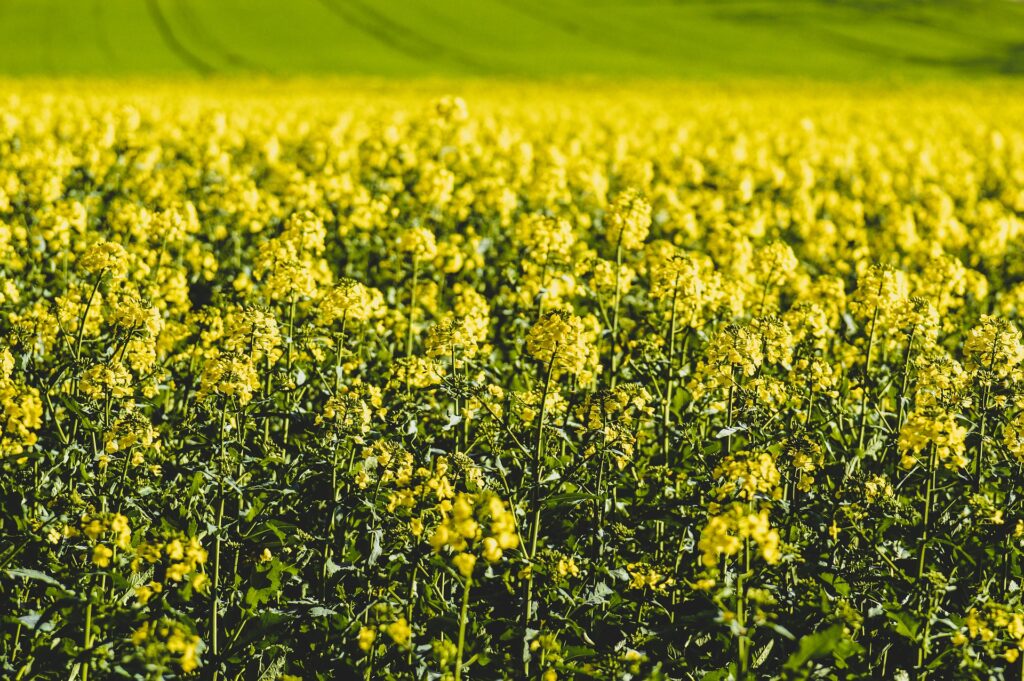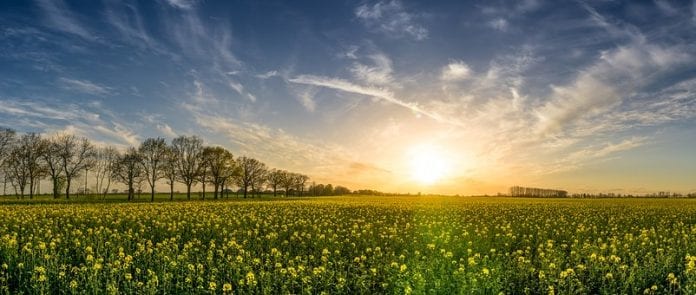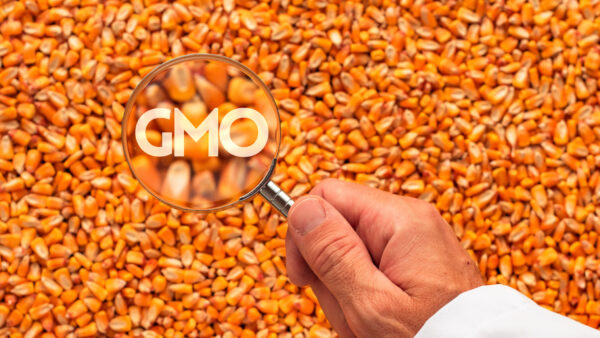A new study by University of Hertfordshire researchers has discovered that an important source of gene resistance against one of the leading pathogens of oilseed rape, Phoma stem canker, is becoming less effective, which could lead to substantial losses to the oilseed rape breeding industry and to arable farmers in the UK.
This is the first study showing that the host resistant gene Rlm7 has become less effective at controlling the phoma stem canker pathogen Leptosphaeria maculans in the UK and is of great importance to plant breeders and farmers. When host resistance is rendered ineffective by changes in the pathogen population there is an estimated cost of £5m per year to the breeding industry through the loss of commercially available cultivars*.
The challenges facing oilseed rape
In the UK, oilseed rape is the third most important arable crop with a total of 2.2M tonnes harvested in 2017. It is the third largest source of vegetable oil worldwide and widely used as animal feed. However there are three main diseases, all with a worldwide distribution, which affect oilseed rape which cause around 15% crop yield losses worldwide each year. One of these, phoma stem canker, causes losses to UK farmers of more than £95m per year.
Due to the withdrawal of some effective fungicides for controlling the phoma stem canker, farmers rely more on cultivars that have good resistance against the pathogen causing the disease. Phoma stem canker is caused by two closely related fungal plant pathogens, Leptosphaeria maculans and L. biglobosa. L. maculans is generally considered to be more aggressive. Host resistant genes in the cultivars (Rlm genes) operate against specific pathogen races and one important gene that has been bred into many commercial oilseed rape cultivars in the UK is the Rlm7gene.
Oilseed rape cultivation
Dr Georgia Mitrousia, lead author on the study which was published in the journal Plant Pathology, said: “Oilseed rape cultivation has been increasing in the UK in recent years and is of vital importance for the UK’s agriculture industry, and the wider UK economy.
“This study acts as a warning to the oilseed rape industry and they will hopefully develop strategies to prevent the loss of commercially available cultivars. This includes combining Rlm gene resistance with quantitative resistance in the same cultivar and developing strategies to rotate development of different Rlm genes to ensure consistent harvest of oilseed rape for many years to come.”
*A cultivar is a plant or group of plants selected from a naturally occurring species and bred to enhance or maintain a particular set of desirable characteristics.
This research was financially supported by the Biotechnology and Biological Sciences Research Council.
Source: University of Hertfordshire












